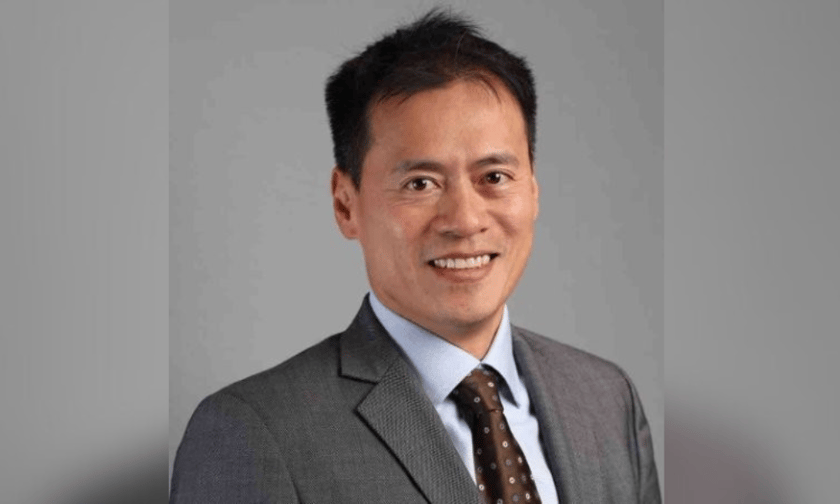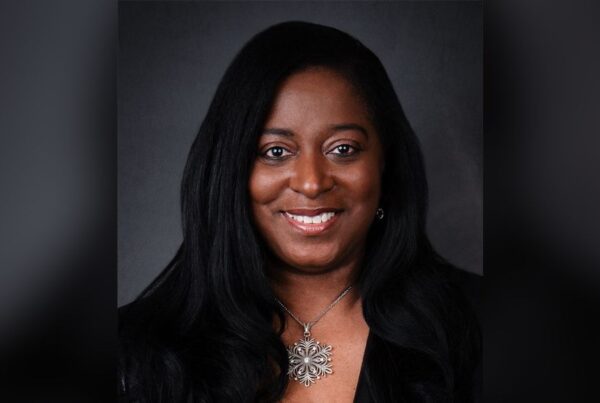Swiss Re highlights need for updated risk models, data-driven strategies, and partnerships

Victor Kuk (pictured), head of P&C reinsurance SID, market units P&C reinsurance at Swiss Re, emphasized the evolving role of reinsurance in a more complex risk environment, citing recent global natural disasters that have exposed weaknesses in traditional risk models.
In a statement, Kuk highlighted that the industry must adopt a proactive approach to new and emerging risks to continue supporting economic stability.
Kuk pointed to recent catastrophic events, including Hurricanes Helene and Milton, as well as earthquakes and storms across the Asia-Pacific region, such as Noto, Kyushu, and Super Typhoon Yagi. These disasters have underscored the need for a comprehensive reassessment of how the industry responds to and absorbs large-scale losses.
“The chains of flooding, landslides, and infrastructure damage these events unleashed uncover weaknesses in traditional risk models and the need for a comprehensive reassessment of our industry’s readiness,” Kuk said.
Swiss Re’s research estimates that the natural catastrophe protection gap in the Asia-Pacific region has reached $540 billion over the past decade. Kuk described the traditional role of reinsurers as “shock absorbers,” spreading exposure across geographies and business lines, but noted that the industry’s approach must go beyond that.
“We need to be more proactive in the way we approach emerging risks if we are to deliver on our core mission of improving the region’s resilience for the long term,” he said.
One key area identified by Kuk is the enhancement of modeling expertise. He stressed that historical models do not always account for interactions between risk factors, such as the effects of urbanization on infrastructure in vulnerable coastal regions.
Kuk called for continuous updates to catastrophe models to incorporate factors like economic growth and climate change impacts on weather patterns.
Innovation in risk management
Another focus area for the industry, according to Kuk, is leveraging data more effectively across the insurance value chain. He emphasized the need to gather, pool, and analyze up-to-date data to develop a better understanding of future risk.
“Our structured solutions can support our clients as they navigate a more challenging market environment,” he said, noting that Swiss Re’s offerings can help insurers manage volatility and capital allocation during times of economic and geopolitical uncertainty.
Kuk also highlighted the role of technology, particularly artificial intelligence and machine learning, in upgrading risk assessment models. Swiss Re’s recent acquisition of UK-based Fathom, which specializes in water-related risk models, was a step toward enhancing the precision of natural catastrophe modeling.
“The data Fathom provides adds to our efforts to understand and model the impacts of natural catastrophes like floods,” Kuk said, pointing out how technological advancements are helping insurers anticipate and manage risks more effectively.
Stronger partnerships
Kuk emphasized that partnerships across both public and private sectors are essential to addressing emerging risks. He suggested that reinsurers could work with governments across Asia-Pacific to develop infrastructure away from high-risk areas and invest in cost-effective protective measures.
Additionally, Kuk encouraged collaboration within industry associations to share knowledge on natural catastrophe risks and establish best practices for managing these threats.
“We have witnessed the power of these partnerships when it comes to developing more inclusive insurance products,” he said, noting the benefits of insurance solutions designed to protect vulnerable populations against diverse risk scenarios.
Kuk further stressed the importance of closely collaborating with clients to better understand their risk profiles and operational challenges, which can inform the development of tailored risk management solutions.
Kuk concluded by underlining the need for a collective response to the risks facing the industry. He pointed to platforms like the Singapore International Reinsurance Conference (SIRC) as crucial forums for dialogue and cooperation.
“The risks we face as an industry and a region demand a collective response,” Kuk said, highlighting the importance of continued collaboration and knowledge-sharing within the sector.
What are your thoughts on this story? Please feel free to share your comments below.
Keep up with the latest news and events
Join our mailing list, it’s free!





